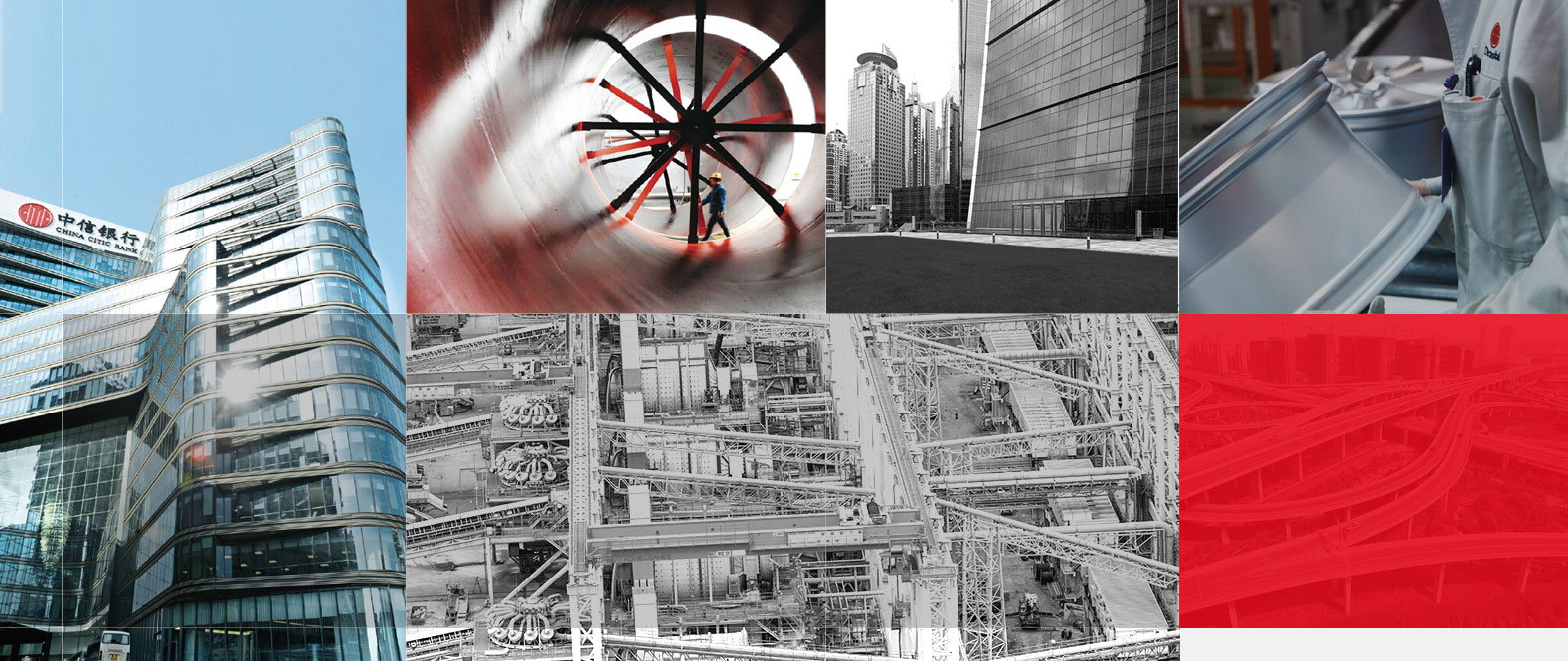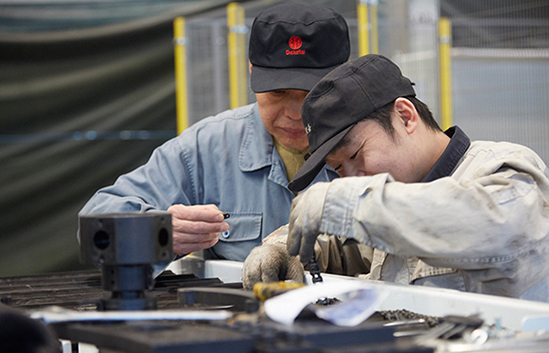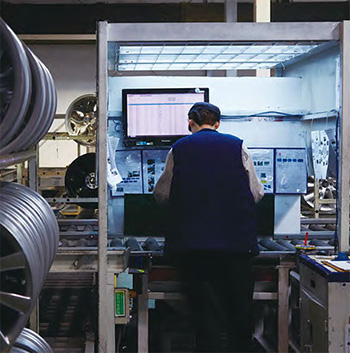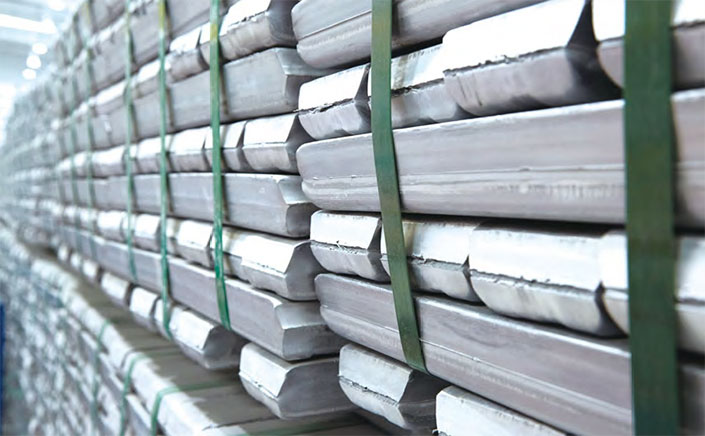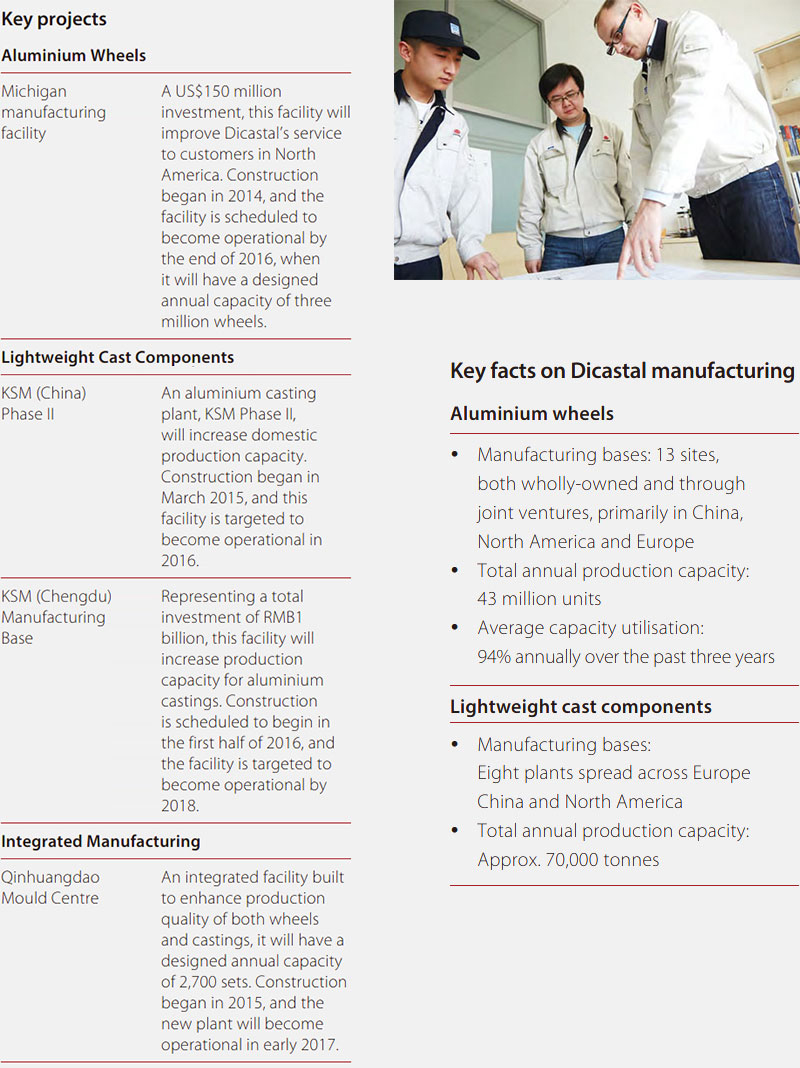Business Model
Manufacturing is a capital-intensive business that traditionally has required companies to invest heavily in new production facilities in order to expand. When Dicastal decided to export its products following China’s entry into the WTO in the early 2000s, the company knew its success hinged on two critical factors: the ability to scale up rapidly and globally, and the flexibility to allocate limited resources to new plants and equipment. Too much, the company could be weighed down without a budget to support other developments. Too little, and it would only be able to achieve incremental growth. Facing an unprecedented opportunity, Dicastal tried a different approach.
In 2003, through equity investments Dicastal began partnering with other manufacturers. These companies, vetted extensively by Dicastal, agreed to share their production capacity to produce Dicastal wheels. Dicastal therefore was able to leverage this network of partners to amplify its own capacity quickly, across geographies and without fixed investment. As it progressively signed on new partners and successfully built up its capacity over the years, Dicastal has confirmed that this is the optimal model for its business.
Quality control
Central to the success of this business model is the guarantee that all products are able to meet the same quality standards. Dicastal achieves this by centralising all core operations: product development, brand management, quality control, production planning, sales, logistics and after sales. The company’s satellite facilities only manufacture designs developed at headquarters, based on strict allocations and in adherence with strict quality controls. Each of these manufacturing facilities has ISO/TS16949 quality certifications in addition to meeting the individual standards set by both Dicastal and major customers, such as the Volkswagen Group Formel-Q, Ford Motors Q1 and Honda Motors QAV.
Dicastal’s experience has proven that centralised production augmented by a global network of support facilities provides economies of scale, frees up capital for more strategic investments and ensures consistent process and product quality wherever products are made. This has been a pivotal factor supporting Dicastal’s development over the past decade. The evidence for the success of this model is the Company’s continually growing sales and high customer satisfaction, shown by the increasing number of orders it receives.
Production Capacity
Currently, Dicastal’s total annual production capacity of aluminium wheels is 43 million units. Over the past three years, its average capacity utilisation rate has remained above 94%.
Automobile aluminium castings are produced by Dicastal’s subsidiary KSM Castings Group, which it acquired in 2011. Founded in Germany, KSM Castings is one of the largest aluminium chassis segment suppliers in the world and a leading powertrain segment supplier in Europe.
Raw Material
Aluminium alloy, a blend of aluminium ingot and a variety of other metals, is the principal raw material used in Dicastal’s products. To reduce transportation costs and ensure a consistent and stable supply, Dicastal maintains strategic partnerships with selected domestic aluminium suppliers who sell exclusively to Dicastal, thereby ensuring quality as well as efficient pricing. Supply volumes and prices are set in annual purchase agreements.
Inventory
Dicastal receives orders from automakers to produce wheels and parts. The company manufactures and delivers based on customers’ just-in-time (JIT) requirements and does not usually stock finished goods longer than 60 days.
Product Pricing
After automakers approve a Dicastal design proposal for a new product, the automaker then signs a framework agreement with Dicastal, including a budget for product development. At this stage, Dicastal also offers a quotation for production costs.
The pricing of a substantial portion of the company’s products is pegged to the price of raw aluminium, which is generally determined based on the average trading prices on global metals exchanges during a given period in the client’s region. The price is duly adjusted according to the price of raw aluminium after mass production commences (typically three to six months). Fluctuations in the aluminium price are settled during series production.


